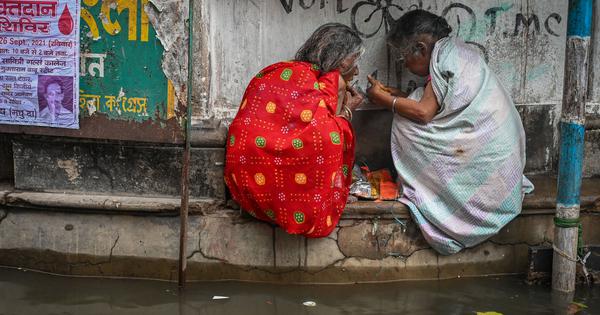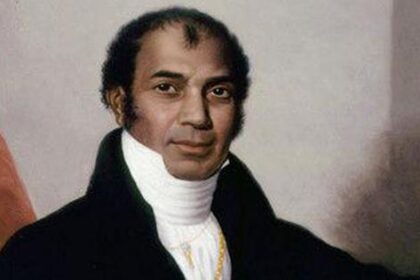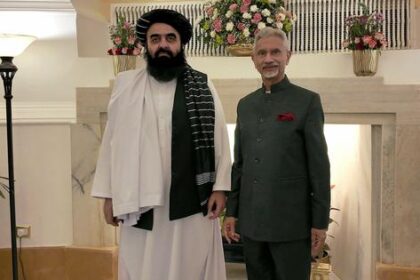Reflections on health care, social justice, and the enduring impact of kindness in India
Healing and justice are often manifested through the small, selfless acts of numerous individuals across India. Yet, the overarching issue of inequality within the country remains significant. The Delhi High Court recently awarded Rs 5 lakh to TV Today due to defamatory posts regarding journalist Rajdeep Sardesai. In a separate cultural context, Elizabeth Gilbert’s memoir, ‘All the Way to the River,’ has been described as wealthy and tone deaf, while questions arise about the survival of Rajasthan’s resilient desert berry amid changing landscapes.
In a new exploration of social dynamics, ‘Meet the Savarnas’ delves into upper-caste silence and the structural injustices of caste. Meanwhile, an investment banker’s book offers insights on ‘white space’ for aspiring entrepreneurs. Reports also indicate that Muslims in Indore have faced pressures leading to their displacement from local businesses, allegedly instigated by a BJP MLA’s son. Amidst this complex socio-political landscape, a self-help book aims to guide Millennials and Gen Z on managing relationships with micromanaging bosses, and there are discussions on preventive measures against Alzheimer’s disease and dementia.
The government’s ongoing denial of critical health issues is evident, particularly in light of the Covid pandemic, during which India recorded the highest number of deaths globally. It is a tragic reality that a robust public healthcare system could have mitigated the loss of countless lives. As I reflect on the preventable deaths caused by the pandemic, I consider the global responsibilities of governments to ensure healthcare access for those most in need. My understanding of public health is shaped by my life experiences, which I share with humility, recognizing the immense public responsibility surrounding India’s inequalities.
My journey in public service began three decades ago as the district head in six districts of rural and tribal areas in Chhattisgarh and Madhya Pradesh. One of the most impactful experiences was witnessing the societal exclusion of individuals living with leprosy. In the 1980s, India had nearly half of the global leprosy cases, predominantly among marginalized communities in central India. During my tenure, I encountered a unique procession of leprosy patients led by a dedicated school teacher, a moment that profoundly shaped my perspective.
These individuals, often referred to as “burnt-out,” bore visible signs of their illness, which had been met with stigma and exclusion. Their modest demands included basic amenities such as drinking water, drainage, and street lighting for their segregated settlements. I committed to addressing their needs and expressed a desire to visit their homes, where I found a community that had faced ostracism due to their curable condition.
The stigma associated with leprosy resulted in profound isolation, with families rejecting those diagnosed with the disease. Many were forced to survive on the fringes of society, seeking alms while facing disdain. Inspired by the words of social worker Baba Amte, I sought to provide them with opportunities for dignified living. My efforts led to the establishment of Asha Gram, or a Village of Hope, which offered clean housing, employment, education, and healthcare. Over the years, I returned to celebrate important festivals with this community, witnessing their resilience and the dignity they rebuilt from their past struggles.
In each district I served, I made it a point to connect with leprosy settlements, aiming to alleviate the despair caused by societal stigma. These interactions not only enriched my understanding but also fostered enduring friendships, underscoring the transformative power of kindness and justice in addressing health disparities and social inequalities.








